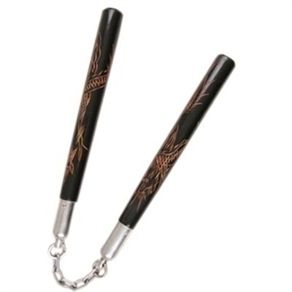

You can read the manufacturer's patient information leaflet for Boostrix IPV (PDF, 91kb). Which whooping cough vaccine will I be given?Īs there is no whooping cough-only vaccine, the vaccine you'll be given also protects against polio, diphtheria and tetanus. The vaccine is called Boostrix IPV.īoostrix IPV is similar to the 4-in-1 vaccine – the pre-school booster that's routinely given to children before they start school. Published research from the UK vaccination programme shows that vaccinating pregnant women against whooping cough has been highly effective in protecting young babies until they can have their first vaccination when they are 8 weeks old.īabies born to women vaccinated at least a week before birth had a 91% reduced risk of becoming ill with whooping cough in their first weeks of life, compared to babies whose mothers had not been vaccinated.Īn additional benefit is that the protection the mother receives from the vaccination will lower her own risk of infection and of passing whooping cough on to her baby. Is whooping cough vaccination in pregnancy working? To date, around 69% of eligible pregnant women have received the whooping cough vaccine with no safety concerns being identified in the baby or mother.Ī number of other countries, including the US, Argentina, Belgium, Spain, Australia and New Zealand, currently recommend vaccination against whooping cough in pregnancy. The MHRA's study of around 20,000 vaccinated women has found no evidence of risks to pregnancy or babies. Pertussis-containing vaccine (whooping cough vaccine) has been used routinely in pregnant women in the UK since October 2012, and the Medicines and Healthcare products Regulatory Agency (MHRA) is carefully monitoring its safety. It's understandable that you might have concerns about the safety of having a vaccine during pregnancy, but there's no evidence to suggest that the whooping cough vaccine is unsafe for you or your unborn baby. At this stage of pregnancy, having the vaccination may not directly protect your baby, but would help protect you from whooping cough and from passing it on to your baby. However, this is not ideal, as your baby is less likely to get protection from you.

If for any reason you miss having the vaccine, you can still have it up until you go into labour. This maximises the chance that your baby will be protected from birth, through the transfer of your antibodies before he or she is born. The best time to get vaccinated to protect your baby is from 16 weeks up to 32 weeks of pregnancy. When should I have the whooping cough vaccine? The immunity you get from the vaccine will pass to your baby through the placenta and provide passive protection for them until they are old enough to be routinely vaccinated against whooping cough at 8 weeks old. Getting vaccinated while you're pregnant is highly effective in protecting your baby from developing whooping cough in the first few weeks of their life. Why are pregnant women advised to have the vaccine? Pregnant women can help protect their babies by getting vaccinated – ideally from 16 weeks up to 32 weeks pregnant. If for any reason you miss having the vaccine, you can still have it up until you go into labour. When whooping cough is particularly severe, they can die. Young babies with whooping cough are often very unwell and most will be admitted to hospital because of their illness. Whooping cough (pertussis) rates have risen sharply in recent years and babies who are too young to start their vaccinations are at greatest risk.


 0 kommentar(er)
0 kommentar(er)
